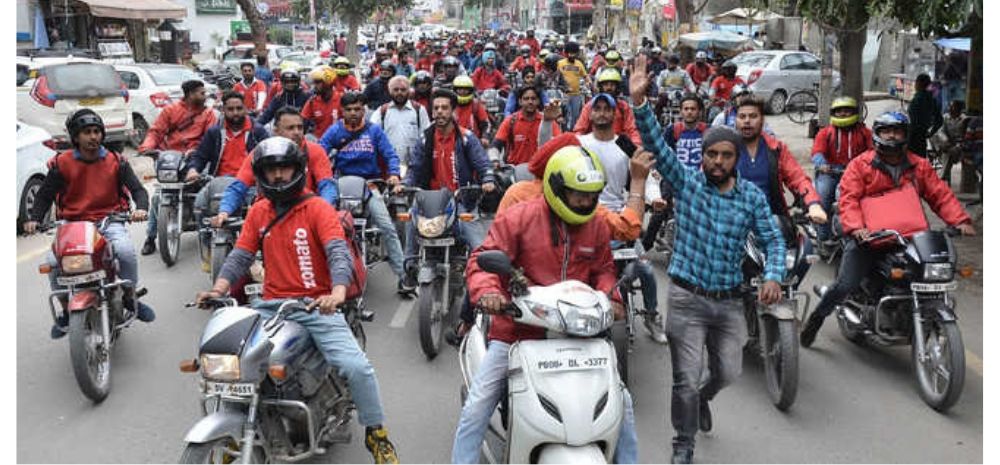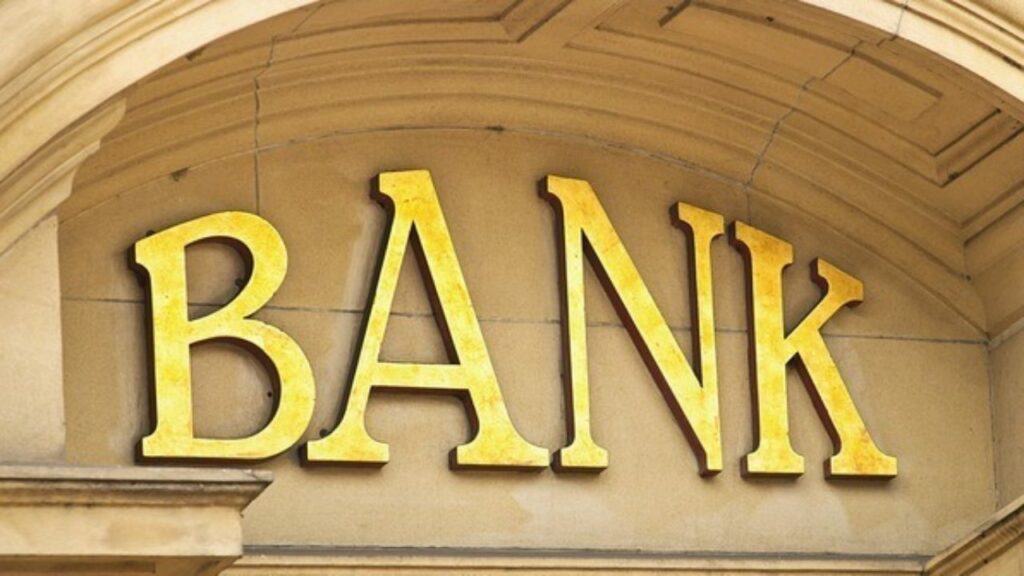Supreme Court Justice Bhushan Ramkrishna Gavai opened India’s first digital court, 24*7 ONCOURTS, in Kollam to handle issues involving bounced checks.

All court procedures, including filing, registering, hearings, and rulings, will be conducted entirely online.
If this project is successful, more ONCOURTS may open up around Kerala.
India’s First Digital Court Opened To Handle Bounced Checks Issues
Pinarayi Vijayan, the chief minister of Kerala, hailed this endeavor as a historic first for the state’s judiciary.
Co-founder of Infosys Nandan Nilekani stressed that automating cases pertaining to the Motor Vehicles Act and cheque bounces, which account for 20–25% of all cases, will decrease pendency and boost productivity.
In September 2024, ONCOURTS will open for cases, with a particular emphasis on situations involving check dishonor.
Additionally, special courts for the purpose of hearing cases under the Scheduled Tribes and Scheduled Castes (Prevention of Atrocities) Act were established in Ernakulam and Alappuzha.
Judge Raja Vijayaraghavan V of the Kerala High judicial emphasized the predictability and accessibility that come with incorporating technology into judicial processes.
How Does The Online Court Work?
The technology will integrate with banks and law enforcement, offer real-time case status updates, and feature intelligent scheduling.
When the court is online, four APIs covering case status, metadata, orders, and judgments will be accessible.
The project’s principal architect was identified as Kerala High Court Acting Chief Justice A Muhamed Mustaque.
Justice Gavai also introduced the online platform for online dispute settlement called “We-Solv Vimaal Solution Maker,” which was created by the Kerala judiciary.
KN Balagopal, Kerala’s Minister of Finance, opened the High Court complex’s new CCTV monitoring unit and control room.
The Digital Empowering Kerala program was launched by P Rajeeve, Kerala’s Law Minister, with the goal of increasing internet access and digital literacy.
With the use of improved computer and internet technologies, a Model Digital Courtroom was introduced to address the shortcomings of conventional courtrooms.
In addition, Justice Gavai unveiled the Kerala Judicial Academy’s annual report, digital district courts, and a learning management system.
Projects aimed at enhancing research, preserving historical heritage, and enhancing judicial education were presented during the occasion.











